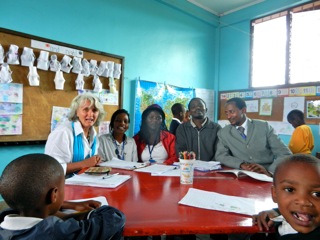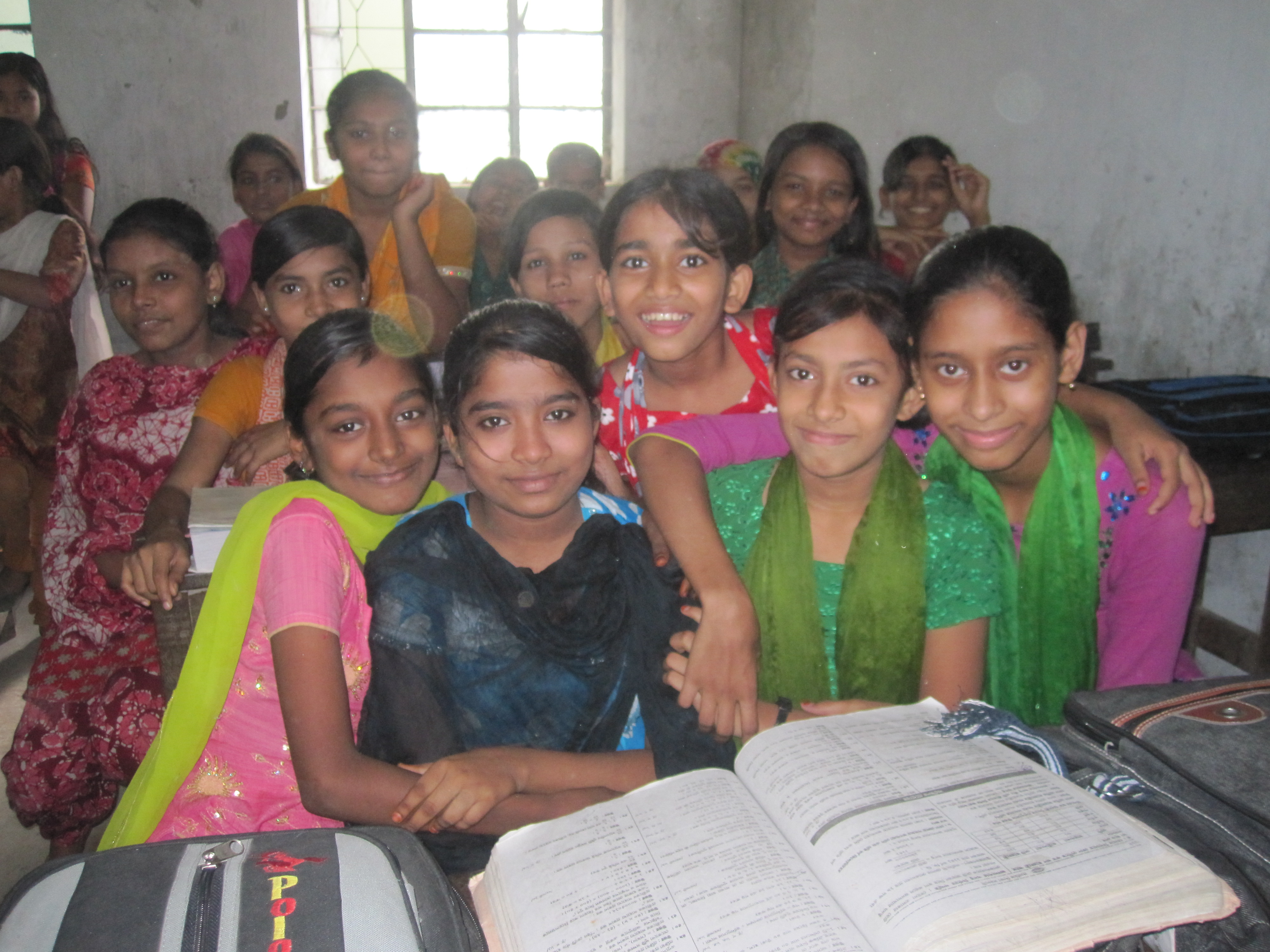APS College of Educational and Developmental Psychologists
International Societies
International Perspectives
As the field of Educational and Developmental Psychology grows, it seems clear that the issues and themes of the specialisation are not exclusive to an Australian milieu. As many organisations move towards working within a global context, itseems relevant to ponder questions related to the future of Educational and Developmental Psychology on an international scale: What are the benefits of learning from other countries? Where does Educational and Developmental Psychology sit within a global context? What are the visible and tangible benefits of networking globally? In 2009 an audit was conducted by the CEDP National Executive, which identified a range of key priorities to be addressed over a three-year period, one of the areas identified was Networking. New technologies have afforded opportunities to create meaningful connections and affiliations with organisations and colleagues across the globe. Networking through the online forum will be available shortly through the CEDP and the sharing of resources, issues and ideas will be possible with people from across the globe. Networking and collaborating with professionals and organisations on an international scale is more accessible than in previous years and with issues related to Educational and Developmental Psychology becoming more global innature it may prove productive for CEDP members to pursue opportunities to work collaboratively.
International Associations
The following list of associations advocate a similar interest and focus as the APS College of Educational and Developmental Psychologists. Perusal of these websites might reveal relevant resources and information.
America
American Psychological Association Division 15 Educational Psychology
www.apa.org/about/division/div15.aspx
American Psychological Association Division 16 School Psychology
www.apa.org/about/division/div16.aspx
National Association of School Psychologists
www.nasponline.org
Greece
Greek Association of School Psychologists
www.crin.org/organisations/vieworg.asp?id=497
England
Association of Educational Psychologists
www.aep.org.uk
Turkey
Turkish Psychological and Counselling Association
www.pdr.org.tr/
Canada
Saskatchewan Educational Psychology Association
www.saskedpsych.ca
Ireland
The Psychological Society of Ireland Division of Educational Psychology
www.psychologicalsociety.ie/psi-division-educational-psychology
International
International Association of School psychology
www.ispaweb.org
Stories from our Members
St Judes, Tanzania
The School of St Jude is in Tanzania, East Africa. With twin aims of “fighting poverty through education” and “educating the future leaders of Tanzania.” It is an independent, sponsorship supported school which provides education for children from the very poorest communities.
 The school was started in 2002 by a young Australian woman, Gemma Rice (now Sisia), who was brought up on a sheep farm in rural NSW. With the help of her family, friends and Rotary Clubs, the school started as a school with 3 students and 1 volunteer teacher, and has grown in 10 years to a thriving school of 1500 students, with boarding accommodation for 1000 students and 350 local Tanzanian teachers on 3 campuses.
The school was started in 2002 by a young Australian woman, Gemma Rice (now Sisia), who was brought up on a sheep farm in rural NSW. With the help of her family, friends and Rotary Clubs, the school started as a school with 3 students and 1 volunteer teacher, and has grown in 10 years to a thriving school of 1500 students, with boarding accommodation for 1000 students and 350 local Tanzanian teachers on 3 campuses.
The school provides all uniforms and equipment for students. Those living at home are bussed in and out daily. Each day there is a freshly prepared hot lunch provided for all on site (approx. 2000 people). The school has provided employment for local people as cooks, cleaners, gardeners, guards, seamstresses, bus drivers and more.
The criteria for entry to the school include a background of poverty (checked a number of times) and high learning ability. There is a limit of one child per family. The school is English speaking and includes a primary and secondary curriculum. The task of the volunteer Educational and Developmental Psychologist was to work in the Intake program for a couple of months.
Over several months, August to late November, every Friday hundreds of 6-8 year olds would arrive with hopeful parents. There is a tightly organized (in “crocodile lines”) brief initial assessment, involving any staff who can speak and understand Kiswahili (this can mean an uneducated gardener or cook) and those that pass this are then admitted to a class (called the Probation Class) for a trial period of a maximum of 10 days where they are “assessed” by a team of experienced Tanzanian teachers. All assessments are conducted in Kiswahili.
The request made to me was to ensure that the brightest students were selected, and my goal became that of introducing into the Probation Class Program multiple opportunities to observe some objective evidence-based indicators of positive school success and higher-level cognitive skills in individual children (always within two groups of 25-30 each).
This entailed relentless teacher education/explanation/convincing, resourcing and construction of materials, development of a suggested class timetable, observation and class management of the children, demonstration class lessons, supervision of children at recess, lunchtime, supervision of bus boarding, facilitating and participation in the decision making meetings. It necessitated much independent thinking and the development of some innovative assessment techniques. A detailed report and donations specifically for use in the Selection Program were attempts to ensure some continuity in the program in following years.
The time volunteering at St Jude and working as a Psychologist was both challenging and rewarding – an experience I am happy to talk further about with the next Psychologist who is up for a turn!
Sue O’Brien, [email protected]
Dhaka, Bangladesh
In July 2011, a group of educational and developmental psychology staff and students from Queensland University of Technology spent two weeks in Bangladesh. An APS Grant for Intercultural and/or

The group had many opportunities to observe the practice of educational and developmental psychology in a very different cultural context. They visited the children’s hospital and various schools (both middle-class and slum schools) and special schools (both inclusive and disability only) as well as the impressive Centre for Rehabilitation of the Paralysed and the equally impressive Dhaka Project school and village. They enjoyed many interactions with Dhaka University educational psychology staff and students, and experienced lots of fascinating events such as a Bangladeshi wedding. The parent program, which commenced in a slum area of Dhaka during the visit, is now being expanded and will be evaluated by a master’s student from the University of Dhaka.
Linda Gilmore hopes to obtain further funding that will enable students from QUT’s educational and developmental psychology master’s program to visit Bangladesh regularly for practicum experiences. It was clear from the 2011 experience that working in a less developed country enhances awareness of cultural differences and issues which is an invaluable part of professional development. And, of course, the sharing of skills and expertise by Australian educational and developmental psychologists has enormous potential benefits for psychologists in developing countries and for the people they work with.
Linda Gilmore
Vellore, India
I n 2011, two members of the National Executive Committee, Vicki McKenzie and Kelly Allen, represented the College at the 2011 ISPA 33rd Annual Conference in Vellore, India. The function of their attendance was to broaden connections within a global community of psychologists with an interest in Educational and Developmentalpsychology, to promote the College internationally to like-Colleges, Societiesand Associations around the world with similar missions and goals to that of the CEDP. The ISPA Conference created an opportunity, not only promote the CEDP internationally, but to also establish international links and networks. Many international friends were made and the CEDP will hopefully be richer for the experience.
n 2011, two members of the National Executive Committee, Vicki McKenzie and Kelly Allen, represented the College at the 2011 ISPA 33rd Annual Conference in Vellore, India. The function of their attendance was to broaden connections within a global community of psychologists with an interest in Educational and Developmentalpsychology, to promote the College internationally to like-Colleges, Societiesand Associations around the world with similar missions and goals to that of the CEDP. The ISPA Conference created an opportunity, not only promote the CEDP internationally, but to also establish international links and networks. Many international friends were made and the CEDP will hopefully be richer for the experience.
Kelly Allen and Vicki McKenzie



